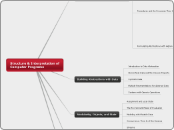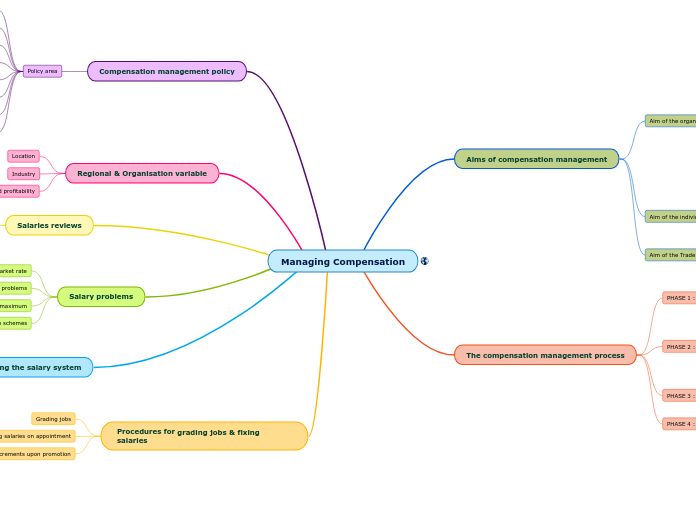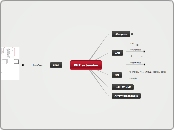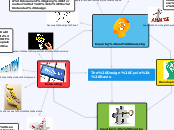por 建入 林 11 anos atrás
366
Structure & Interpretation of Computer Programs
The text delves into various aspects of computer programming, emphasizing the creation and understanding of abstractions. It begins with procedures, exploring how they can be formulated and used as higher-order functions.









